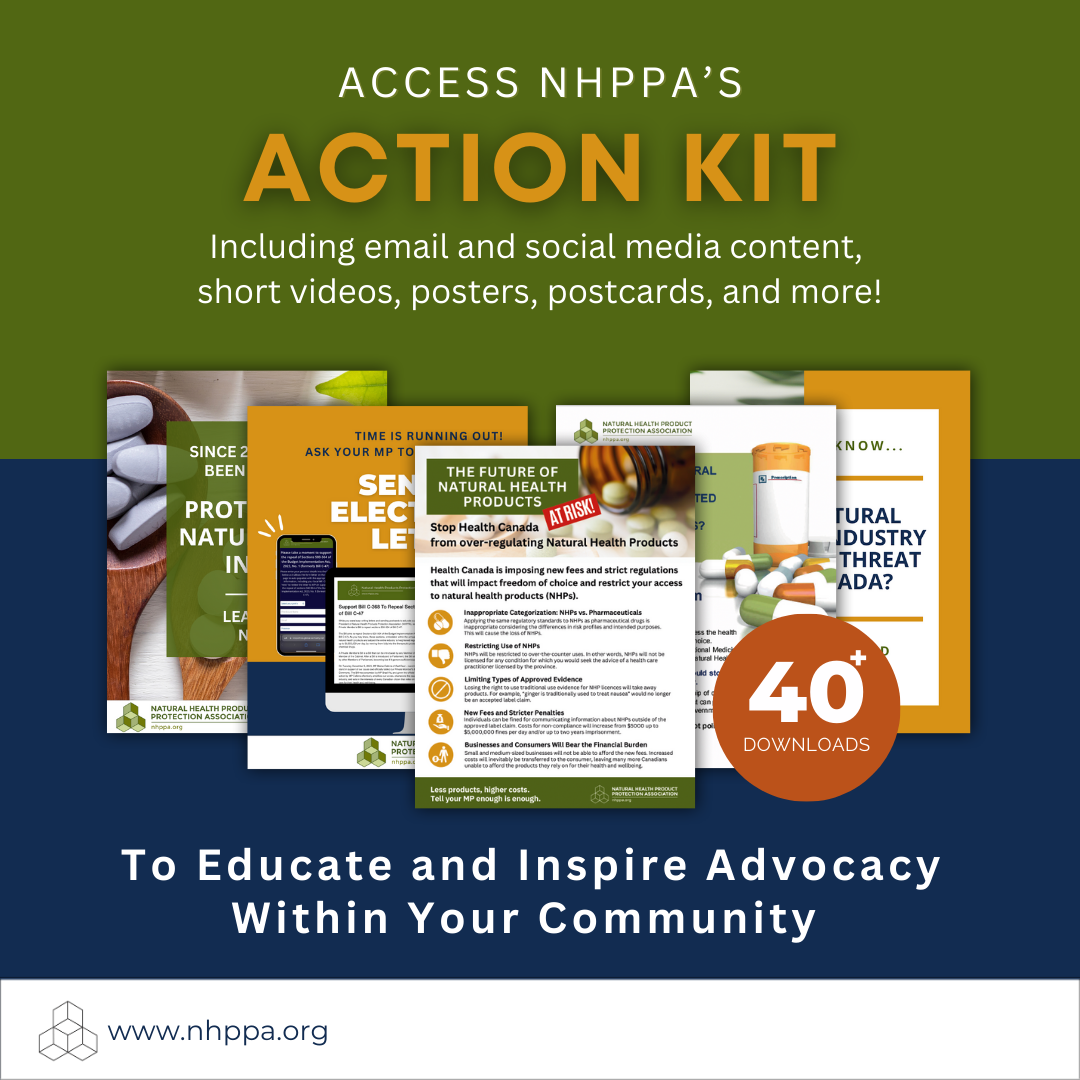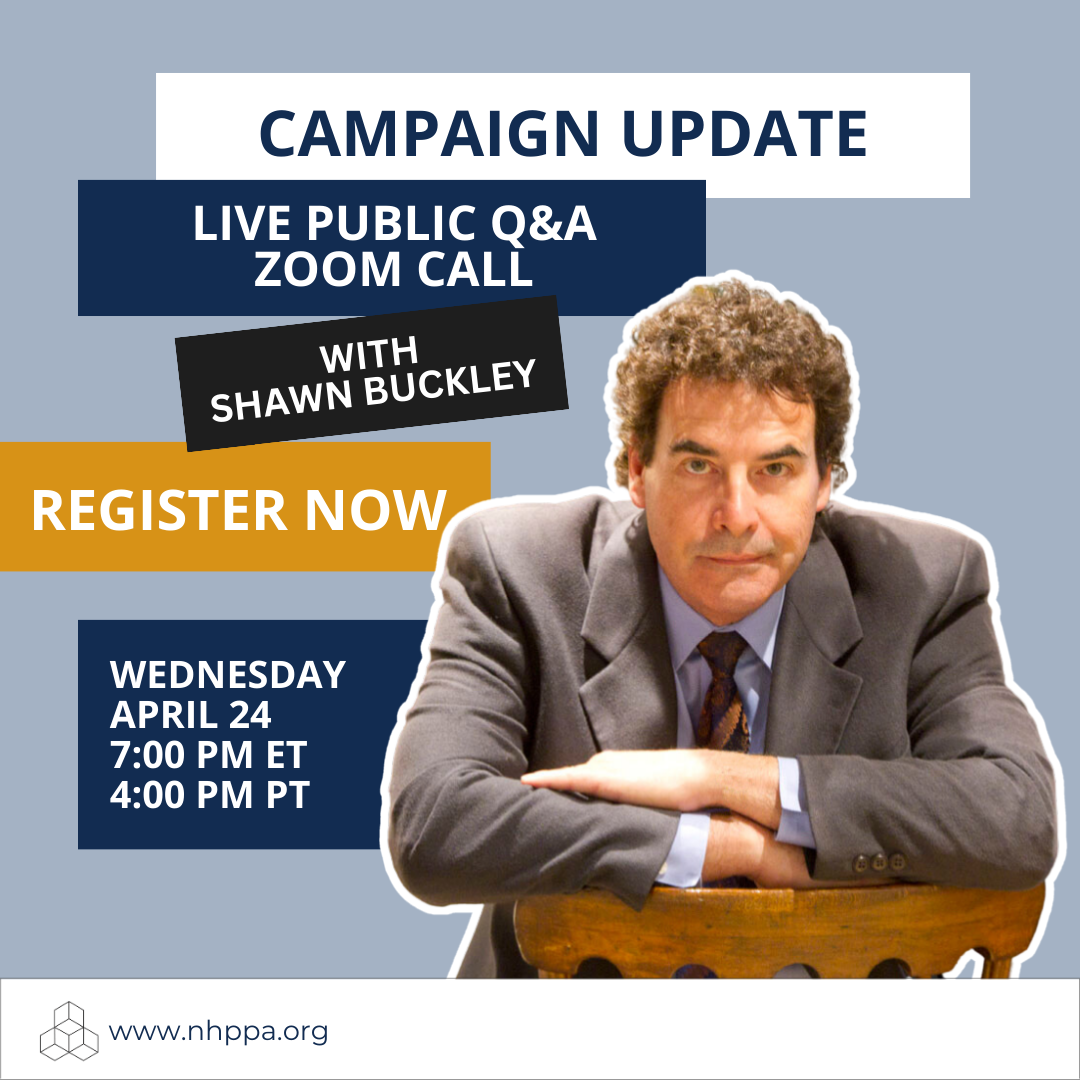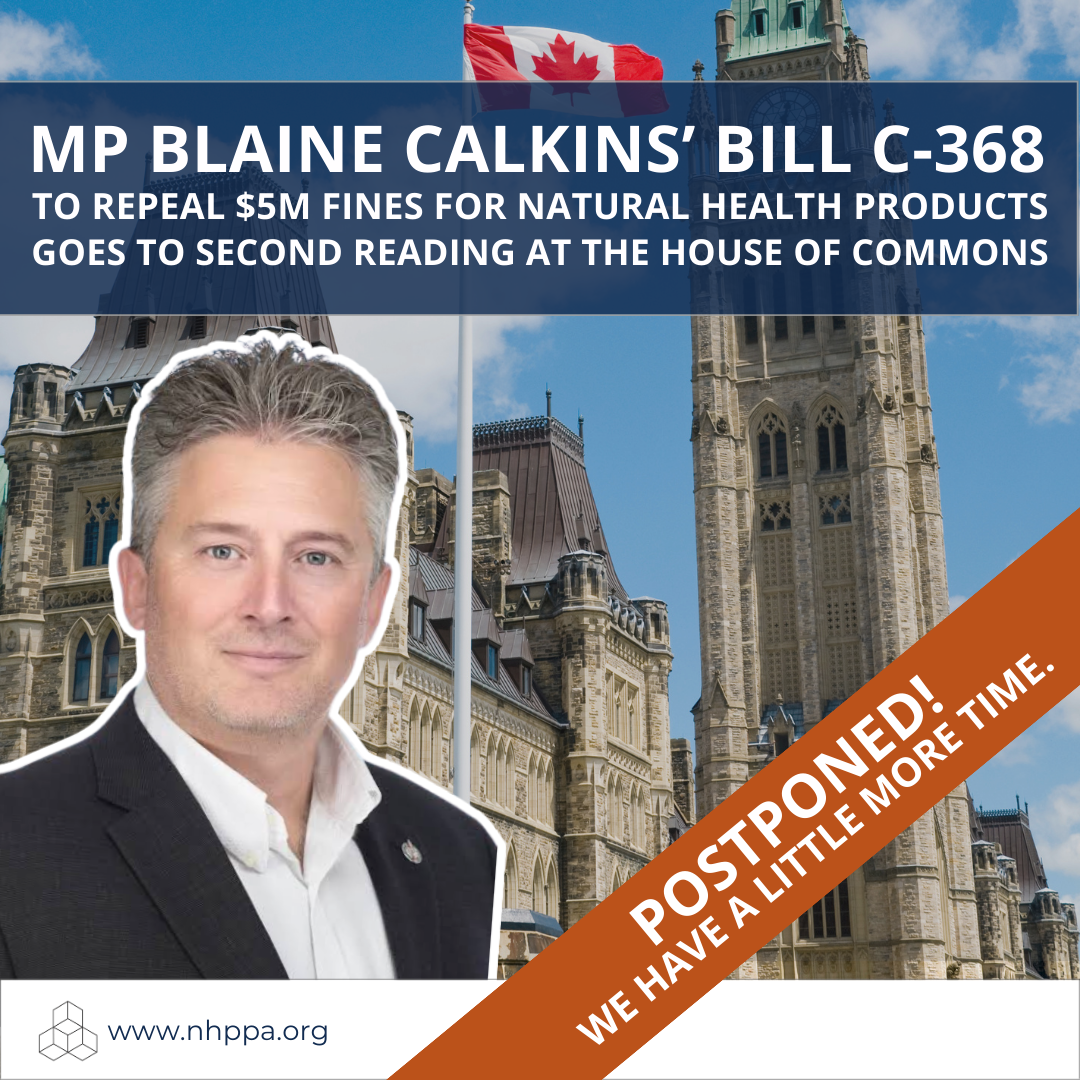HEALTH CANADA IS GETTING SENSITIVE BUT IS NOT YET READY FOR A FAIR AND OPEN DISCUSSION by Shawn Buckley
The original article
An article I wrote concerning our loss of natural health products was published in the December issue of Alive Magazine. My purpose in writing the article was to point out that there can be health consequences to losing products we rely on. Anyone wanting to read the article can find it at,
Safe or Unsafe? Canada’s risky Natural Health Products Regulations.
The first reply
As it turns out, this article touched a nerve at Health Canada. Adam Gibson of Health Canada wrote a reply piece which Alive published trashing my article. Mr. Gibson starts out with:
“Buckley’s Alive article does readers a disservice by using vague innuendo and hyperbole to create fear and mislead consumers about the true nature of Natural Health Product (NHP) regulation in Canada.”
The full text of Mr. Gibson’s reply can be found at,
Crying Wolf About Natural Health Product Regulations
After accusing me with the rather strong language of “using vague innuendo and hyperbole to create fear and mislead”, Mr. Gibson does not address any of the points raised in my article. Rather, he states:
“The fact is that today Health Canada has authorized for sale over 60,000 NHPs (compared with about 8,200 prescription medications).”
The first rebuttal
Mr. Gibson’s reply angered some doctors who disagreed with him. Dr. Zoltan Rona, a medical doctor, wrote to Alive in response to Mr. Gibson. Dr. Rona’s response began with:
“Dear Editor: Health Canada’s Letter in the February 2013 edition of Alive, “Crying Wolf About Natural Health Product Regulations” attacking Shawn Buckley is completely out of line. Health Canada is attempting to hoodwink the public into thinking that they will have no problem with access to natural health products.
This is a bold faced lie.
I have been in practice as a medical doctor specializing in Complementary and Alternative Medicine for nearly 35 years. In 2012, Health Canada stopped the sale of over 60 different supplements that I had been prescribing to my private patients for over 20 years. These natural health products included those manufactured by Thorne Research, Biotics Research, Douglas Laboratories and others.”
The full text of Dr. Rona’s letter to Alive can be found at,
Health Canada Engaged in Noisy Spin Control
The letter can also be found at p. 18 of the May edition of Alive.
Another doctor joins the conversation
Then on March 3, 2013, Dr. Gifford-Jones published in the Toronto Sun an article that, like Dr. Rona’s speaks about the loss of natural remedies and the health cost of losing these remedies. Dr. Gifford-Jones went on to say:
“If government bureaucrats are honestly interested in the welfare of medical consumers, the best way for them to make an assessment is to examine records of the dead bodies. Data collected from 57 poison control centres in the U.S. showed that in 2010, there were no deaths from the use of vitamin and herbal supplements. This, in spite of the fact that during that year there were 60 billion doses of nutritional supplements taken.
So, where will these amateur forensic bureaucrats find the dead bodies? It doesn’t require a long tedious search. The Journal of the American Medical Association claims there are 60,000 deaths from drug use in the U.S and 10,000 in Canada every year. According to the journal, it’s now the fourth leading cause of death after cancer, heart disease, and stroke.”
The full text of Dr. Gifford-Jones’ article can be found at,
Health Canada: Where are the dead bodies?
As with my article, Dr. Gifford-Jones’ article got Health Canada’s attention. Scott Sawler responded with a posting on Health Canada’s website criticizing the article. What I found interesting was the use of the same argument as Gibson used to reply to my article.
Health Canada’s next reply
After saying Health Canada has cut red tape in approving NHP Licences, Mr. Sawler writes:
“As a result, Health Canada has authorized more than 60,000 licenced natural health products (compared with about 8,200 prescription medications).”
The full text of Scott Sawler’s reply can be found at Health Canada’s website,
Letter to the Editor Regarding: “Health Canada: where are the dead bodies”
Conclusion: misleading statistics
So it would appear that the current answer from the Health Canada to concerns about the danger of losing natural products due to our licencing scheme is to say we have authorized more than 60,000 products (compared with about 8,200 prescription medications). Unfortunately, this canned response does not address any of the concerns raised in my article, Dr. Rona’s letter, or Dr. Gifford-Jones’ article.
For example, considering that roughly 40% of licence applications fail (meaning the product must be taken away), then how can Health Canada imply we are not losing products. Using Health Canada’s figure of 60.000 authorized products, this means that 40,000 products have been taken away.
In addition to the 40,000 licence failures, many products, including those referred to by Dr. Rona, do not show up in these statistics because the manufacturer did not even try to get through the licencing process. There are no reliable figures of the number of products that we have lost this way.
The number of foreign products (mainly U.S. ones) that we can no longer access runs in the tens of thousands.
Conclusion: health consequences
Health Canada’s response also fails to address the health consequences of Health Canada requiring formula changes for products to get approved. The formula change has almost always been to lower the amounts of therapeutic ingredients rendering the products less effective.
Health Canada’s response does not address the issue of over-riding medical management. As Doctors Rona and Gifford-Jones make clear, the removal of natural products affects the ability of doctors to safely and effectively help patients.
I don’t think that any of us expect Health Canada to agree with concerns on how they regulate natural health products. At the same time, I would rather have them stay silent than to use a canned argument that is misleading and does not address the concerns raised. These are important issues and we cannot arrive at the best regulatory environment for natural products unless we honestly and fairly debate legitimate concerns and issues.




